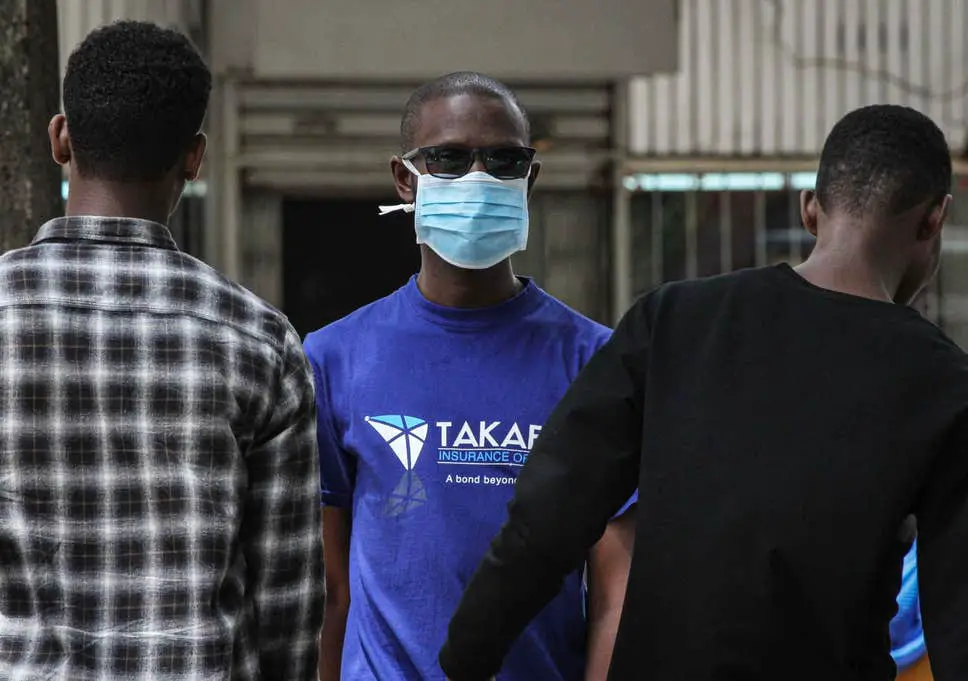Sub-Saharan Africa governments funding needs may rise by almost $75 billion due to the novel coronavirus (COVID-19) downplaying their economies, according to information from Goldman Sachs Group.
This particular insight comes into the play as last month, African finance ministers called for a $100 billion stimulus package, including suspension of debt to help the youngest continent combat the coronavirus pandemic, which has already registered a $29 billion dent to the economy so far and still counting.
According to the global investment bank, economists in London, Dylan Smith and Andrew Matheny, the pandemic could have a serious toll on the continent’s fragile fiscal pillars.
“Possibly the most severe impact of the crisis will be on already stretched fiscal balances. Budget deficits would likely rise from an average of around 3.5 per cent to high single digits, even before any loosening to soften the economic effects of the corona-crisis,” said Smith and Matheny.
The continent has already seen more than 11,000 cases and nearly 500 deaths in about 52 countries, hence—the pandemic has triggered a halt on trade and other social interaction in the continent.
According to the economists, If measures such as tax cuts that some governments, including Kenya’s, have already announced are included, the financing gap might end up being higher, they said.
A combination of lockdowns to contain the spread of the virus and lower revenues from exports and tourism will be severe enough to trigger the region’s first full-year recession since 1991, according to Goldman. Hence— Africa’s biggest lender the World Bank is making a similar prediction.
However, Africa’s top oil producer, Angola and Zambia may be among the hardest-hit countries, with their economies shrinking by as much as 9 per cent in 2020, Goldman estimates. South Africa’s output will probably decrease by 6 per cent and Nigeria’s by 4 per cent, while Ghana, Mozambique and Senegal will also contract if the shutdowns end up being “heavy,” according to the analysis.
The fiscal shortfall could squeeze the ability of some governments to service their debts. Zambia has already asked international banks for proposals on re-profiling its liabilities, while many others have Eurobonds trading at what is considered distressed levels.
One saving grace, according to Goldman, is that few African sovereigns have many foreign bonds maturing this year.
Still, the economists find these scenarios rather complex, “the choice between staying current on commercial interest payments and freeing up all possible resources for the corona-crisis response is not an easy one,” said Smith and Matheny.
Also, at the moment, African governments will prioritize paying off commercial debts, with any relief most likely coming on bilateral and multilateral loans, they said.
“Entering default may distract from the crisis response, and could leave a legacy of legal challenges. The strategic advantage of staying current on interest payments seems to us to be strong for most countries,” they said
Hence, Africa’s expected economic growth of 3.9 per cent, is facing the combined shock of coronavirus, which threatens to strain under-funded health systems, as well as a sharp drop in revenues due to plunging oil and commodities prices.
READ:East African markets in the time for Coronavirus
